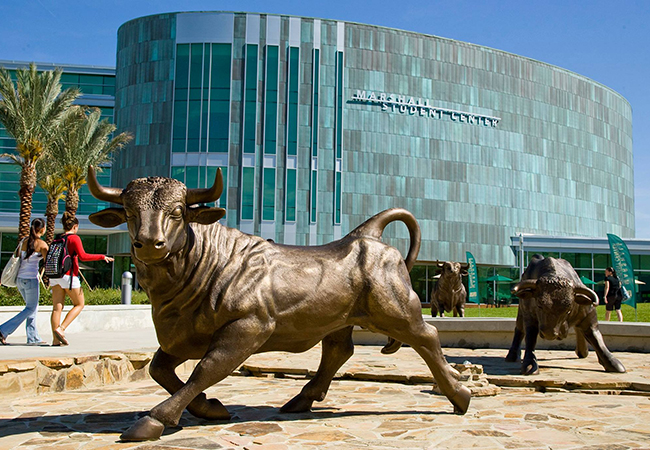Skip to Main Content
Skip to Main Content
Main Navigation
| May 14, 2024 |
|
|||||||||||||||||
|
|
|||||||||||||||||
All catalogs © 2024 University of South Florida.
Powered by the Acalog™ Academic Catalog Management System™ (ACMS™).



